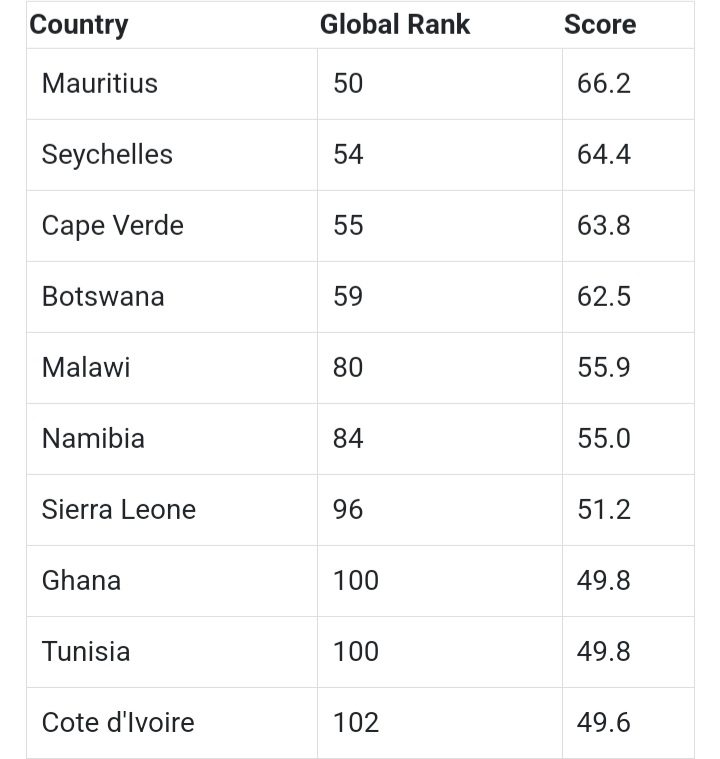Wealthy individuals around the world are increasingly considering citizenship in these top 10 African countries, according to the World Citizenship Report 2024.
The latest report highlights how these African nations are attracting affluent individuals globally.
Gone are the days when high-net-worth individuals (HNWIs) sought only visa-free travel or tax breaks. The report reveals that today’s wealthy are also focused on maintaining a high quality of life, growing their wealth, and protecting it from future risks.
Researchers used various methods to identify what drives people to seek second citizenship and the importance of each factor.
Survey results show that most HNWIs prioritize “Quality of Life” above other considerations, with 36.9% of participants citing it as their main reason for exploring citizenship options.
READ ALSO: Over 50% of U.S. adults under 50 say they don’t want to have kids; here is why!
When asked, “In what areas, if any, do you feel your current government is failing?” respondents pointed to unmet needs in healthcare, environmental sustainability, and economic competitiveness.
Another key motivation for pursuing second citizenship is safety and security, which accounts for 25% of a country’s overall score in the World Citizenship Index (WCI). This measures how well alternative citizenship can offer greater protection and peace of mind.
The survey also highlighted concerns about currency stability and economic competitiveness, with many HNWIs citing economic challenges in their home countries as a specific reason for seeking citizenship elsewhere.
Considering these factors, here are the top 10 African countries where the wealthy or global citizens are most likely to pursue second citizenship.

About the World Citizenship Report
For years, the World Citizenship Report (WCR) has conducted extensive research on global citizenship trends. The WCR introduced the World Citizenship Index (WCI), an innovative tool that reshapes how global citizenships are ranked.
“The WCR’s WCI methodology aims to bridge the gap between existing data on citizenship motivations—which is limited—and the needs of HNWIs seeking second citizenship. This mixed-method approach combines focus groups, survey data, and official statistics on key motivators.”
This innovative methodology moves beyond traditional metrics, incorporating ethical considerations and diverse viewpoints on what defines national belonging and citizenship status.










